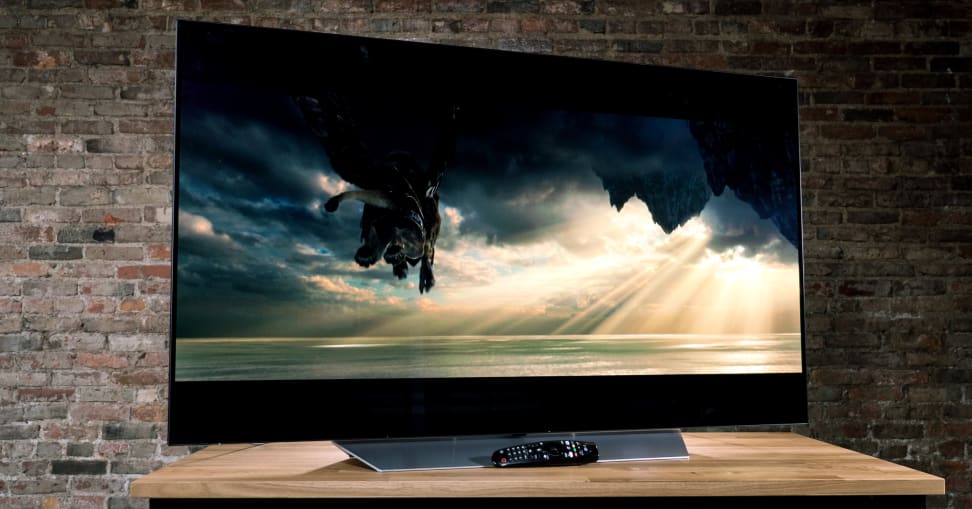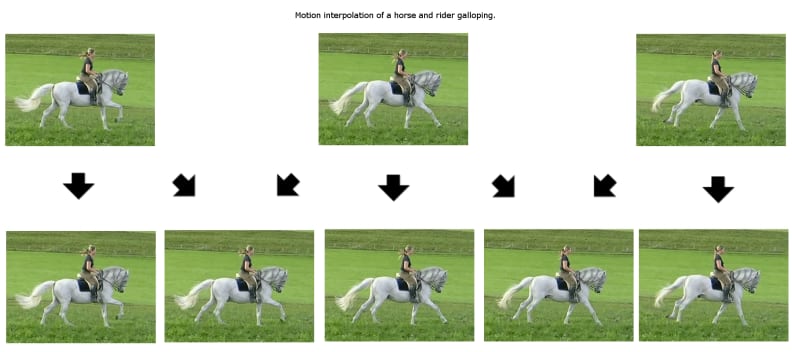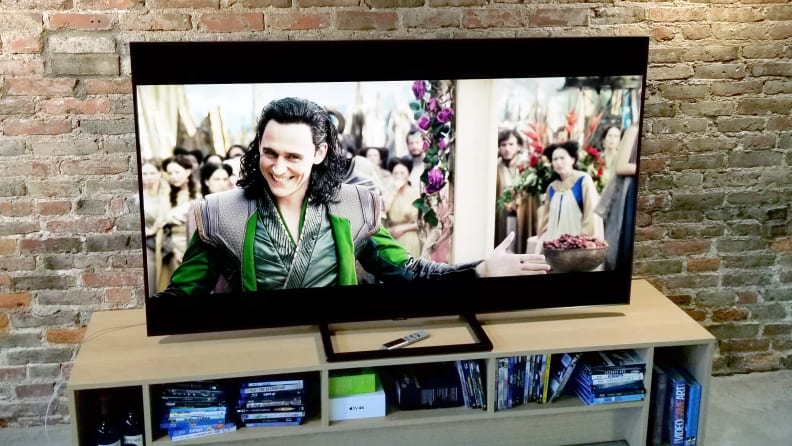Is it worth it to buy an expensive TV?
Can you tell the difference between a $500 and a $1,500 TV?
 Credit:
Reviewed / Jackson Ruckar
Credit:
Reviewed / Jackson Ruckar
Products are chosen independently by our editors. Purchases made through our links may earn us a commission.
If you're thinking about upgrading your TV, you've probably already started doing the necessary research: checking out lists of the best TVs you can buy, trying to get your head around what High Dynamic Range actually is, and measuring your living room to see how big of a TV you need.
At some point—especially if you're sharing the expense with a friend, relative, or significant other—you're going to come to the subject of how much to actually spend. While we tend to recommend that you know your budget before shopping around and reading reviews, most people simply go the route of "I don't want to spend more than X" when they're shopping for a new laptop, appliance, or TV.
This approach can be problematic in a situation where you, say, don't want to spend more than $2,000. Let's say you walk into Walmart and you're looking at two 55-inch TVs. One is $1,999 and one is $999, and right there in the store they look pretty much identical. You're probably going to opt for saving $1,000, right? However, if you had the chance to have both TVs in your home for a few weeks (like a TV reviewer), you might be singing a different tune. Here's why.
Specs, specs, specs
If you've got two 55-inch TVs, one difference between them might be their resolution, or how many pixels (picture elements) the screen has. Just because two TVs have the same size screen does not mean they have the same amount of pixels. And the more pixels, the more overall clarity you're going to get.
These days, almost any TV you buy is going to be a 4K TV, but there are still Full HD (1080p) and HD (720p) TVs out there. While you can save money by buying a lower resolution TV, we don't recommend buying anything less than a 4K TV in 2019. That resolution is essentially mainstream now, and there's plenty of content and ways to take advantage of it.
Another spec worth checking out is "refresh rate" (or Hz), a measure of how many times per second a TV's screen refreshes, or checks for new information. Currently, TVs only come with refresh rates of 60 and 120 times per second. While both are blazing fast, 120 is better for video games, sports, and certain movies.
You do pay more for 120 Hz, but generally, this spec is already bundled into TVs that have a bunch of other fancy tech in them: It's rare to find a 4K TV with a 120 Hz refresh rate that isn't also smart, HDR-ready, and so on.
The biggest issue is that it's a spec that's rarely reported accurately, so if you really want to know whether a random TV in Walmart has a 60 or a 120 Hz refresh rate, you're going to have to read some reviews.

A rough example of how your TV interpolates motion to create new, "in between" frames, the result of which can be the soap opera effect.
While misusing special motion upgrades on 4K TVs can result in the "soap opera effect," where everything looks too smooth, there is no situation where content will look better on a 60 Hz TV than on a 120 Hz TV. Of course, sometimes you just need to turn off motion smoothing.
Finally, panel type is a big indicator of quality. As it stands, all "OLED" TVs tend to be kind of expensive, but they're also considered the best TVs right now (though some might argue they're too expensive). Amongst LED TVs, you usually have either "VA" or "IPS" style panels, and this can also affect the price, though it's pretty much impossible to tell which type of LED/LCD panel a TV has without special equipment.
Do I need a smart TV?
This one is easy to answer: yeah. The reason being that, in our professional opinion, if you want to buy a good TV in general (read: not the cheapest, closest-thing-to-already-obsolete you can buy in terms of resolution, specs, and so on), you're going to have to buy a smart TV.
Keep in mind, too, that being "smart" doesn't just mean a TV gives you access to Netflix and HBO Now. While it sometimes means the TV has a browser, it's generally more of an indicator that the TV has certain connectivity abilities such as Bluetooth, WiFi, an ethernet (cat cable) input jack, and so on. You may be able to beam content from your smartphone or use the TV's remote to control your DVD player or video game console.
Buying a smart TV also doesn't mean you need to stop using your favorite streaming device, either. If you absolutely don't need the apps, there's likely something within the suite of smart features you will need, and you're not really paying much more for a smart TV these days.
So is it worth it to spend more?
If there's one thing you can be sure of it's that, much of the time, you're paying more for a TV because it has better specs, more features, or because it simply performs better: higher brightness, more color, better HDR, or smoother motion.
When it comes down to determining why one TV is $1,000, or $750, or even $500 more expensive than another, you can bet it's because of core picture quality specs. A better LED backlight, or "quantum dots" that boost color, or an OLED panel, or better video processing is probably the reason. But still, read reviews, and try to compare specs with similarly priced models.

Sometimes a TV's price reflects both its superior picture quality and its excellent design.
If a TV is only a couple hundred dollars more expensive than another (in the same size), the discrepancy could come down to design elements, brand name, or even something like the inclusion of Dolby Atmos pass-thru or 4:4:4 chromatic resolution support.
A good general rule of thumb to follow is that if you can't figure out what some feature or spec does you probably shouldn't pay for it. And if you can't understand how one TV can be so much cheaper than another, you probably shouldn't buy it! As TVs go, you do usually get what you pay for, but it's up to you to understand what you're paying for.

